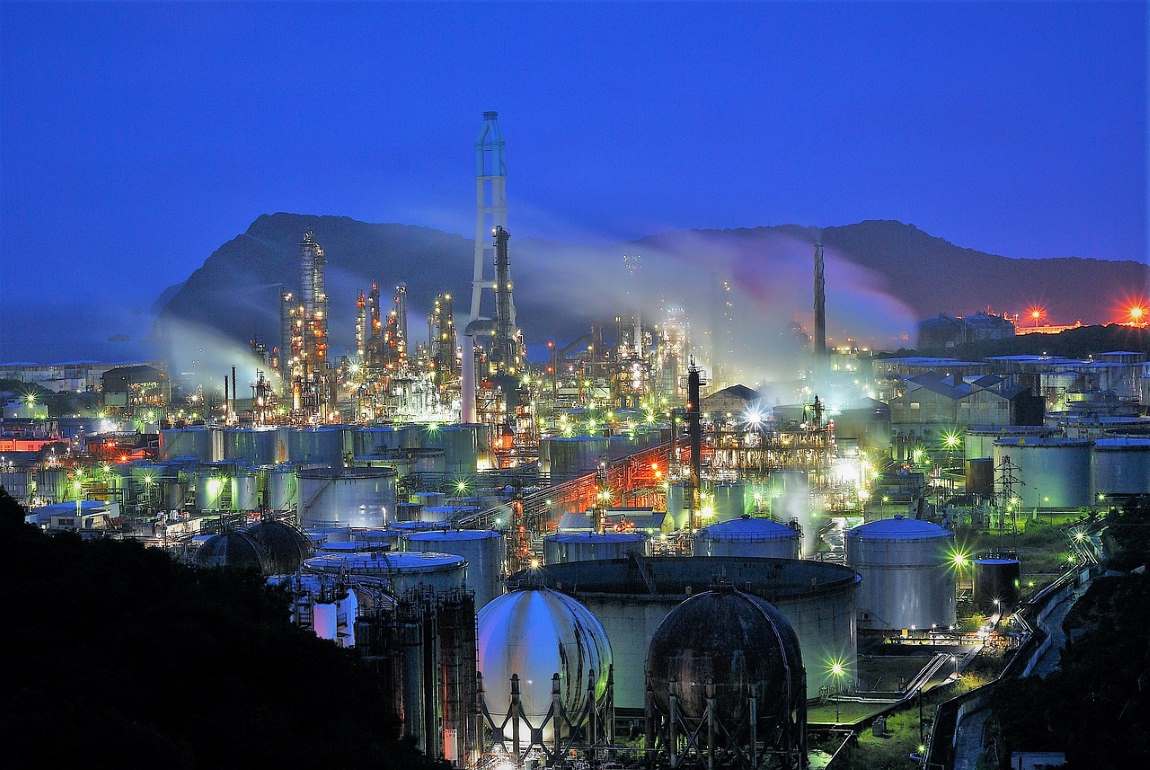Los Angeles, United States (AFP) – California began legal action Monday against oil giant ExxonMobil over a “decades-long campaign of deception” about plastics recycling that has worsened a global pollution crisis.
In a lengthy lawsuit filed in San Francisco, the state’s attorney general said the company had used “slick marketing” to deceive consumers into believing single-use plastics could and would be recycled, when the vast majority of them get dumped into the environment.
Rob Bonta’s suit seeks to force ExxonMobil, a major producer of the polymers used to make plastics, to pay for the clean-up of some of the millions of tons of plastic that pollute land and water, as well as to educate consumers about the problems caused by their products, landing them with a bill he said could amount to billions of dollars.
“Plastic contaminates our drinking water, strangles our wildlife and blights our landscapes,” Bonta told reporters. “Microplastics have been found in our lungs, maternal and placental tissue, breast milk and blood.
“What solution does ExxonMobil give us? Plastic, recycling: a farce, a lie, a deceit.”
“Since the 70s, ExxonMobil has known the truth about plastic pollution and recycling, and still publicly promotes the myth that plastic recycling is the answer. ExxonMobil knows that the vast majority of plastic products are not and likely cannot be recycled.”
The lawsuit is the latest in a rash of legal claims against oil and gas companies over a mounting environmental crisis wrought in large part by humanity’s unfettered use of carbon-based fuels.
California, along with more than 20 other state and local governments, have sought to hold these enormous firms to account for their role in worsening pollution and global warming that is already affecting our weather patterns.
Last year the state sued ExxonMobil and other oil companies, alleging the firms knowingly misled consumers about the climate damage caused by the use of fossil fuels.
– ‘Sham’ –
California’s Department of Justice said Monday that ExxonMobil knew for decades that the vast majority of plastics its products created could not be recycled, either because the technology did not exist, or because it was not economically viable.
Through a trade group, the company promoted the “chasing arrows” symbol for plastics, convincing consumers that the materials they were buying would go back into the production chain, instead of into landfill.
“In reality, only about five percent of US plastic waste is recycled, and the recycling rate has never exceeded nine percent,” a press release said.
The lawsuit alleges that ExxonMobil has recently begun touting so-called “advanced recycling,” an umbrella term to describe heat or solvent-based technologies that can theoretically convert certain types of plastic waste into petrochemical feedstock, which can be used to make new plastic.
However, 92 percent of plastic treated in this way is not turned into other plastic products, but becomes fuel, the suit says.
“ExxonMobil has failed to meaningfully invest in the sham solution of recycling, instead spending millions of dollars to market the sham itself,” Bonta said.
“ExxonMobil’s biggest greenwashing campaign includes falsely touting ‘advanced recycling’ as a new technology that will solve the plastic pollution problem. False. It’s neither new nor advanced nor recycling,” he added.
In a statement provided to AFP, ExxonMobil defended its practices, insisting that California officials were at fault for not fixing a recycling system that “isn’t effective,” and defending their so-called “advanced recycling.”
“We’re bringing real solutions, recycling plastic waste that couldn’t be recycled by traditional methods.
“To date, we’ve processed more than 60 million pounds of plastic waste into usable raw materials, keeping it out of landfills,” the company said.
According to figures from environmental campaign group The Sierra Club, ExxonMobil generates around six million tons of plastic every year.
That means since it began, the company’s “advanced recycling” method has, in total, processed 0.5 percent of what it produces every year.
hg/amz/jgc
© Agence France-Presse
Featured image credit: tasukaran | Pixabay




